Radamel Falcao (Part 1)
Radamel Falcao (Part 1)

Radamel Falcao García Zárate, born on February 10, 1986, is a Colombian professional footballer renowned for his role as a striker for La Liga club Rayo Vallecano and the Colombia national team. Widely known as "El Tigre" (The Tiger), he is regarded as one of the premier strikers of his era and stands among the greatest Colombian footballers of all time.
Falcao commenced his professional journey in the Argentine league with River Plate, where he emerged from their youth academy in 2001, ultimately clinching the 2007–08 Clausura tournament. He then ventured to Porto in 2009–10, securing various accolades, including the UEFA Europa League, Taça de Portugal, and Primeira Liga treble in 2011. A pivotal move followed in August 2011, as Falcao transferred to Atlético Madrid for a club record fee of €40 million. His impactful tenure with Atlético saw triumphs in the 2012 Europa League, UEFA Super Cup, and the 2013 Copa del Rey Final./origin-imgresizer.eurosport.com/2013/05/29/1018249-19117650-2560-1440.jpg)
Despite interest from top European clubs, Falcao controversially joined Ligue 1 side Monaco in 2013, setting a club record transfer fee of €60 million. However, an ACL injury sidelined him for six months during his debut season. He later spent two seasons on loan at Premier League clubs Manchester United and Chelsea. Upon returning to Monaco in 2016, Falcao exhibited his peak form, leading the club to their first Ligue 1 title in 17 years and a UEFA Champions League semi-final appearance.
Falcao's international career with Colombia commenced in 2007, and he has since accumulated over 100 caps and scored 36 goals, becoming their all-time leading scorer. He has represented Colombia at multiple Copa América tournaments and made his World Cup debut at the 2018 tournament in Russia.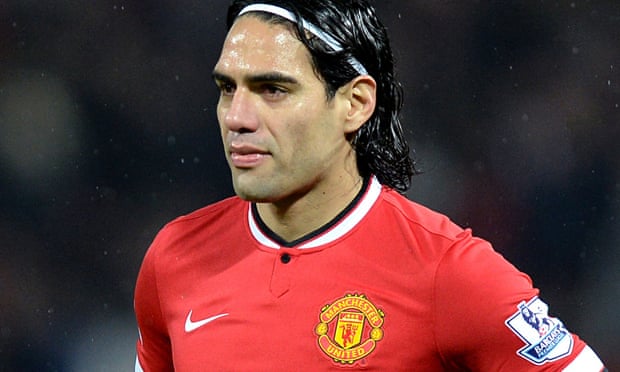
With an illustrious career, Falcao holds numerous records, including being one of the top scorers in the UEFA Europa League and setting the record for most goals in a single season of the tournament. He is Porto's all-time top goalscorer in international club competitions and Monaco's highest goalscorer of the century.
Recognized for his exceptional talent, Falcao was named in the FIFA FIFPro World XI in 2012 and finished fifth in the 2012 FIFA Ballon d'Or rankings. He was honored by Atlético Madrid fans with a plaque outside the Metropolitano Stadium in November 2018.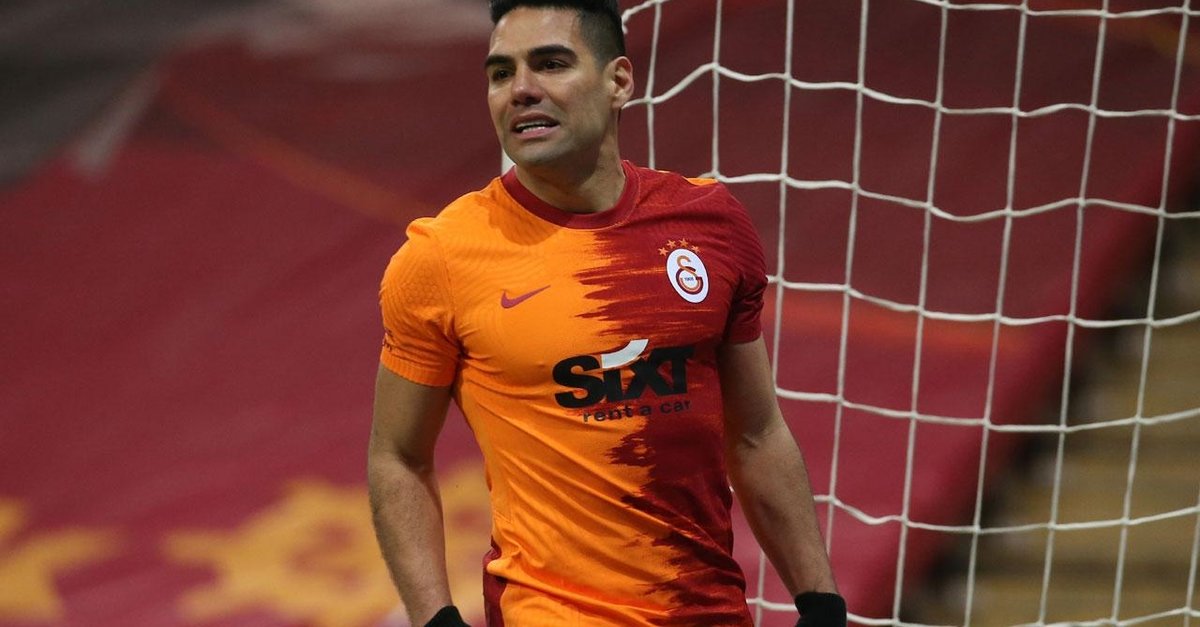
Radamel Falcao García Zárate's football journey commenced at Lanceros Boyacá in the Colombian Categoría Primera B (second tier) on August 28, 1999. Remarkably, at the tender age of 13 years and 199 days, Falcao made his debut against Deportivo Pereira, etching his name in history as the youngest debutant at that level of Colombian professional football.
Under the guidance of Lanceros' coach, Hernán Pacheco, Falcao's potential began to flourish. Despite his youth, he appeared in seven matches in 2000, gradually earning recognition for his talent and dedication. On July 23 of that year, at the Estadio Olímpico del Sol in Sogamoso, Falcao made a significant mark by scoring his inaugural goal for the club. His decisive goal secured a crucial 2–0 victory against Club El Cóndor, lifting Lanceros off the bottom of the table.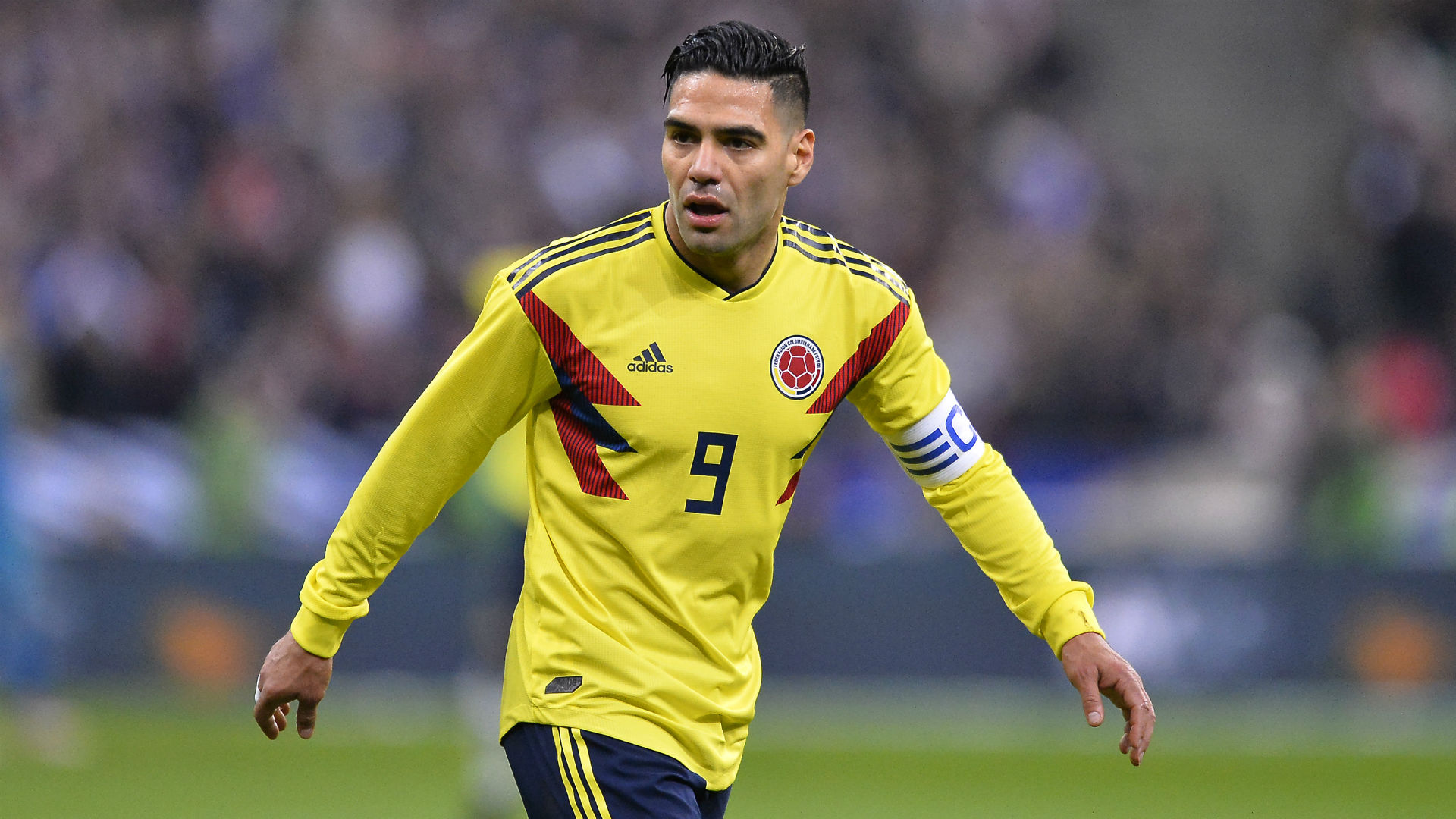
Throughout his two-year tenure with Lanceros Boyacá, Falcao showcased glimpses of his burgeoning talent, featuring in eight matches and notching one goal. These formative experiences laid the groundwork for his illustrious career that would follow, setting the stage for his ascent to become one of the greatest Colombian footballers of all time.
After training with Millonarios, who chose not to exercise their option to purchase Falcao, he was transferred to River Plate of Argentina in February 2001 for a fee of $500,000. Initially, Falcao began his River career in the youth team, featuring in the eighth division of Argentine football. However, his breakthrough arrived under the guidance of River's coach, Leonardo Astrada, who handed Falcao his professional debut in the 2005 Torneo Clausura./origin-imgresizer.eurosport.com/2018/05/04/2327617-48451115-2560-1440.jpg)
During the 2005 Torneo Apertura, Falcao became a regular starter for River Plate. He showcased his scoring prowess by netting twice in a match for the first time in Argentina against Independiente, Lanús, and San Lorenzo. Under the management of Reinaldo Merlo, Falcao's confidence grew, and he cemented his place in the team.
Unfortunately, Falcao suffered a setback when he injured the ligaments of his right knee during a match against San Lorenzo in November. This injury ruled him out for the rest of the Apertura. Further complications arose during pre-season training in January 2006, requiring surgery and an extended recovery period. Despite these challenges, Falcao returned to action in September for the 2006 Torneo Apertura.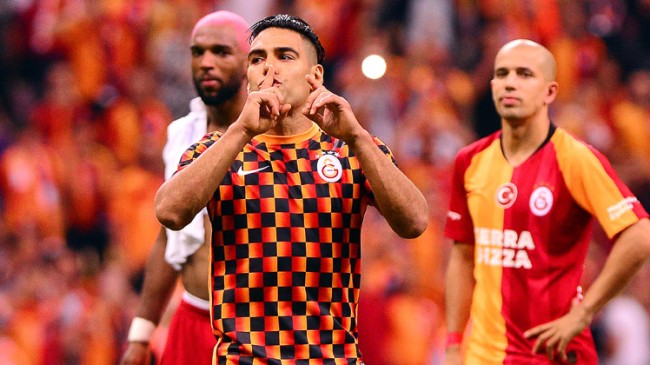
In the subsequent seasons, Falcao continued to impress with his goal-scoring ability, particularly in continental competitions like the Copa Sudamericana and Copa Libertadores. His standout performances attracted attention from top clubs, including Milan, Aston Villa, and Fluminense. Falcao played a pivotal role as River Plate clinched the 2008 Torneo Clausura championship under the management of Diego Simeone. Despite offers from various clubs, Falcao remained with River Plate during a challenging period, including a disappointing finish in the 2008 Torneo Apertura.
In the following years, Falcao remained a potent goal-scoring threat for River Plate, contributing significantly to the team's performance in both domestic and continental competitions. His maturity and consistency as a striker earned him recognition as one of the most promising talents in South American football.
Falcao's move to Porto in July 2009 marked a significant chapter in his career. Despite interest from rivals Benfica, Falcao opted to join Porto in a €3.93 million deal, signing a four-year contract. His arrival was pivotal for Porto, especially after the departure of Lisandro López to Lyon.
Falcao made an immediate impact at Porto, scoring on his debut against Paços de Ferreira and netting three goals in his first three league games. His remarkable start made him one of the few players to score four goals in the first four matchdays of the Portuguese league.
In the UEFA Champions League, Falcao showcased his scoring prowess, bagging crucial goals against the likes of Chelsea and Atlético Madrid. Notably, he scored a memorable backheel goal in Porto's 2–0 group stage win over Atlético Madrid.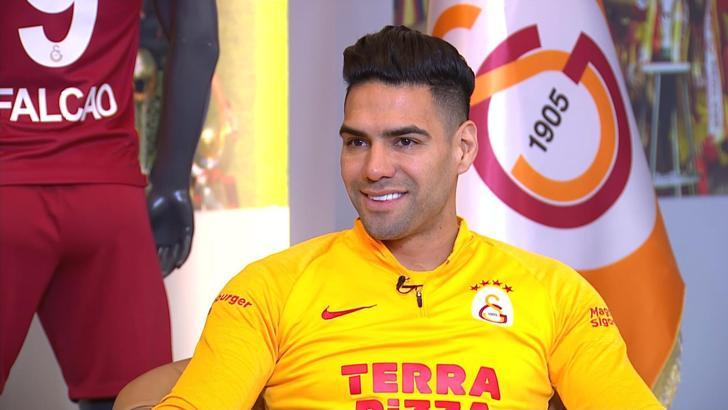
Throughout the season, Falcao continued to find the back of the net consistently, contributing crucial goals in league and cup competitions. His standout performances included a header against rivals Sporting CP and a brace in a league victory over Uniao de Leiria. Falcao's impact in cup competitions was equally impressive. He scored twice in a Taça de Portugal quarter-finals victory against Sporting CP and netted the winning goal in a UEFA Champions League round of 16 victory over Arsenal.
By the end of the season, Falcao emerged as one of the top goal scorers in Portugal, finishing as the second-highest league scorer with 25 goals, just behind Benfica's Óscar Cardozo. In total, he scored a career-high 34 goals in all competitions, including crucial strikes in Porto's triumph in the 2010 Taça de Portugal Final against Chaves.
References
- "Radamel Falcao Garcia Zarate" (in Turkish). Turkish Football Federation. Retrieved 28 December 2019.
- ^ "FIFA World Cup Russia 2018: List of Players: Colombia" (PDF). FIFA. 15 July 2018. p. 5. Archived from the original (PDF) on 11 June 2019.
- ^ "Radamel Falcao". AS Monaco FC. Archived from the original on 16 October 2016. Retrieved 9 June 2022.
- ^ "Radamel Falcao LaLiga Santander". La Liga. Retrieved 1 April 2023.
- ^ Wilson, Jonathan (6 September 2014). "Powerful Radamel Falcao – El Tigre – is ready to roar for Manchester United". The Observer. ISSN 0029-7712. Retrieved 10 August 2023.
- ^ Masters, Al Goodman,James (28 January 2013). "Falcao: Soccer's 'Tiger' prowls for goals". CNN. Retrieved 20 August 2023.
- ^ "'The Tiger' who tears defences apart". BBC Sport. Retrieved 10 August 2023.
- ^ "Falcao, from United to Chelsea?". Marca. 3 June 2015. Retrieved 10 August 2023.
- ^ "Radamel Falcao Became One of the Top 100 Footballers of the 21st Century". 5 March 2023.
- ^ "Ranked! The 100 best players of the 21st Century". March 2023.
- ^ "The Top 10 Colombian Soccer Players of All Time". 7 May 2022.
- ^ Das, Andrew (19 May 2011). "Porto Wins Europa League. Can It Get Better Than This?". Goal. Retrieved 27 May 2020.
























